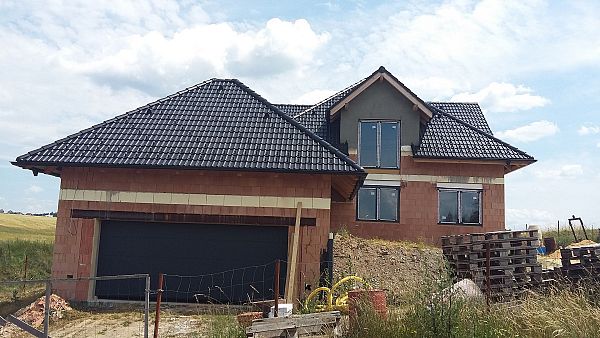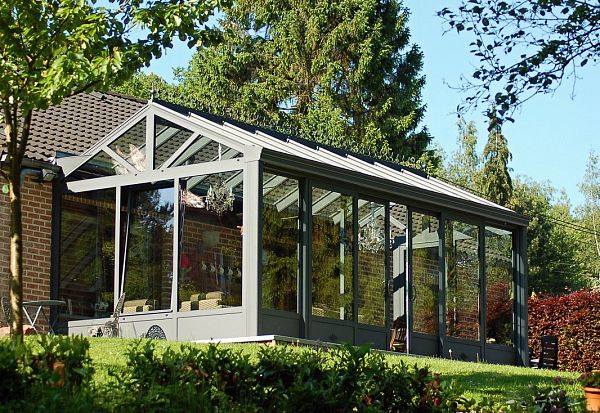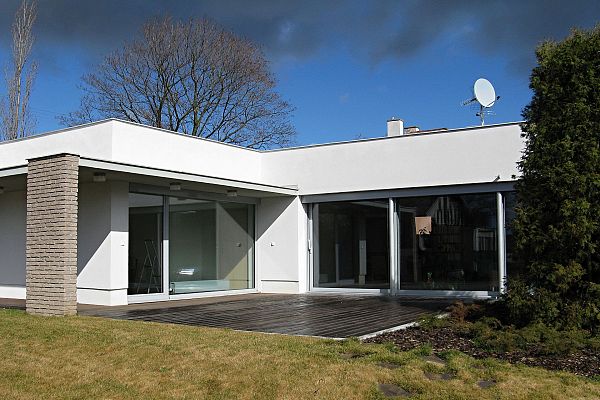New windows and solar glazing factor
Aluminium constructions
In the article we have focused on thermal insulation properties. In other words we coped with heat transfer coefficient and explained standard window limits.
Did you know that nowadays, depending on the type of glass used, you can determine how much heat from sunlight will penetrate through the window?
The so-called solar factor of glass (denoted by the letter "g") determines how much solar energy the window (or its glass pane) will transmit - the higher this factor, the higher the solar gains. You may logically think that windows with triple glazing must necessarily transmit less solar heat than those with double glazing. And yes, in earlier times, this was indeed a bit of a problem. Honest glazing in windows prevented heat from escaping from the building in winter months, but, for example, in spring and autumn, it let less sunlight through, and therefore, it required more heating. However, modern insulating glass has already overcome this issue. Glass manufacturers realized the shortage and managed to develop a special type of glass used precisely for the filling of windows with insulating triple glazing. Nowadays, these glasses can even have a better solar factor than ordinary double glazing.
Different solar factors are suitable for different parts of the world. For windows facing south, a high solar factor is appropriate because the sun is low on the horizon in winter months and thus sends the most rays through such windows. In summer, the sun is significantly higher, and it does not shine directly into these windows. Nevertheless, it is desirable to think about shading windows facing south, ideally from the outside. On the other hand, we do not get too much heat from windows facing east or west in winter, and a high solar factor would only be harmful in summer because it would cause unwanted overheating. For windows facing north, the solar factor is not too important because no significant heat from the sun passes through them in winter or summer. However, each building is specific. Windows are not always strictly oriented to a specific cardinal direction, each object is located in different climatic conditions, in a different surrounding environment. Therefore, from this point of view, it is always better to know the opinion of an expert, who can choose the ideal combination of windows based on experience.
Choosing the right window glass is simply science, and not just in terms of the solar factor. As already hinted, there are different production methods, and therefore different types of glass, which we will talk about a little next time.




